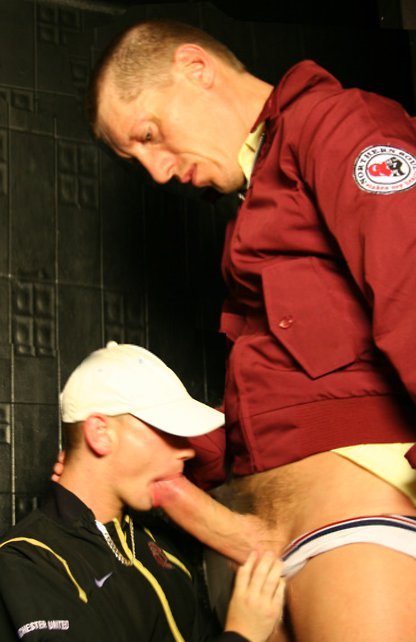 Ads by Google
Ads by Google
A man who can master his gag reflex is a man worth getting to know!!
SOURCE: hunkypunkymonkey
NOTES: 644 6/13/12 — 3:11pm SHORT URL: http://tmblr.co/ZQ2BywNJIPXWFILED UNDER: #vid #duo #suck #cut #nipples #pierced #pits #deep throat #bush #amat #self #hard while sucking #cum #facial #eat 
By Kathleen Blanchard RN on December 13, 2011 - 1:42pm
 for for
To do my duty to God and my country
 eMaxHealth eMaxHealth 
(EmaxHealth) The Research Center for Human-Animal Interaction at the University of Missouri haa teamed up for a study to help veterans with PTSD. Veterans are paired with dogs for obedience training and then move on for specialized training to become service dogs for service members suffering from post traumatic stress disorder.

The idea it to pair veterans with dogs that would otherwise be euthanized.
 
Ads by Google
Online University StudiesStudy Online With Professionals. Request A Free Information Package!WaldenU.edu/University
Animais de EstimaçãoEncontre Cães, Aves, Gatos e Muitos Outros em Nossos Classificados!www.bomnegocio.com
Cerebral Palsy therapytogether we can change child's life We TEACH kids to become independentwww.healthinmotionrehab.com/
Service members are given the opportunity to help animals heal. The meaningfulness of the activity could help veterans suffering from PTSD feel better.
The study, titled “Mutual Enrichment – Walking and Training Service Dogs”, is being led by Rebecca A. Johnson, PhD, RN, FAA.

Veterans work with dogs in 3 phases – the first involves working alongside a trainer in groups, twice a week for one hour. The program is 24 weeks. Veterans are reimbursed $50 for their participation in the first phase of the program
Fuck Coin Collecting, Cum collecting is where it’s at!.

In the second phase, veterans will make phone calls to support new owners of dogs adopted from shelters.adult blog for gay men 18 years and older. I do not own the majority of these photos and videos. Ask me anything Genius Submissions
 
JUNE 13, 2012
bbbhperv: Hot Mess makes a HOT video! #BBBH #SDSTW #BROtein #CSBH(Source: bbexplorer, via turningpointstudio) 
Phase 3 of the study hooks veterans up with shelter dogs that they’ll train to be service dogs for other vets dealing with PTSD.

The program is a win-win situation for veterans and canines. According to the program outline, “Veterans gain structure, opportunities for relaxation, exercise, and a greater sense of well-being” and “Shelter dogs learn skills crucial to their success outside of the shelter.”

Johnson says the purpose of the study is to “see how we can get shelter dog walking and training for our services members to help them manage any PTSD symptoms they may have in varying degrees.”

She says by doing a healthy, healing activity, the program could help service members readjust.

The study has already begun. The researchers will continue to study the impact of linking veterans with shelter dogs.

Per an e-mail interview with EmaxHealth with Dr. Johnson, the results of the program have been positive so far.

Johnson said, “…we have veterans universally reporting that doing the dog training is 'relaxing' and a good 'stress reliever'. The veterans in the project have become support sources for each other, offering to help each other out if needed.”

Numeric data should be available in January, 2012.

Johnson says another positive outcome of the study is that they are seeing dogs adopted out of the program before the 5 week obedience training is even completed.

There are currently two service dogs in training. The dogs have completed their basic obedience training and are now learning specialized skills to help a veteran with PTSD.

If you are interested in the program, you can contact the Research Center for Human-Animal Interaction, College of Veterinary Medicine, Clydesdale Hall, Annex Two, 900 East Campus Drive, Columbia, MO 65211, Phone 573-882-2266, Fax: 573-884-5455, E-mail: rechai@missouri.edu, Web site: rechai.missouri.ed

The “Mutual Enrichment – Walking and Training Service Dogs” study will be enrolling in phase 1 again, after the current 3 phases are completed. The research center anticipates 3 or enrollments. All 3 phases take place over a period of 6 months and a representative says enrollees are needed.
 |
 como é bom adorar e servir ad Dem
como é bom adorar e servir ad Dem





Nenhum comentário:
Postar um comentário